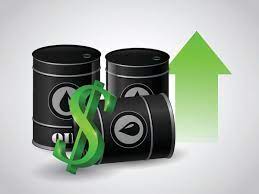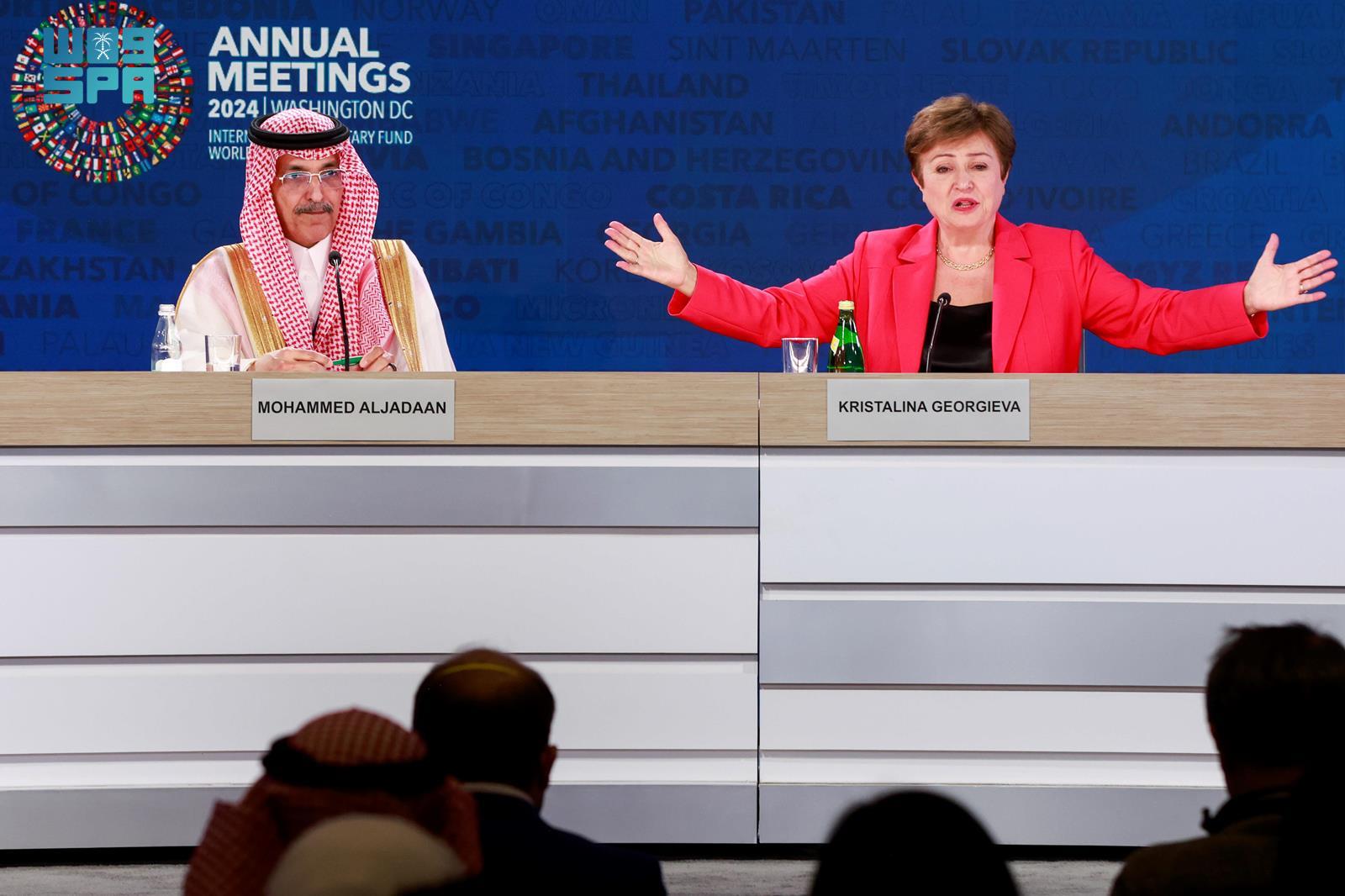Publisher: Maaal International Media Company
License: 465734
World Bank: Gaza war may raise oil prices to $150/barrel
The World Bank warned that oil prices could rise to a record level exceeding $150 per barrel if the war in Gaza leads to a repeat of the comprehensive conflict that the Middle East witnessed 50 years ago and the oil embargo.
In the first major economic risk assessment of the Gaza war, he said that a “major disruption” scenario similar to the oil supply cutoff in 1973 would create a supply shortage, and would lead to the price of a barrel of oil rising from $90 to between 140 to 157 dollars
Indermeet Gill, chief economist at the World Bank, said: “The recent conflict in the Middle East comes on the heels of the largest shock to commodity markets since the 1970s as a result of the Russian-Ukrainian war, which has devastating effects on the global economy that persist to this day.”
اقرأ المزيد
“Policymakers must be vigilant,” Gill added. If the conflict escalates, the global economy will face a double energy shock for the first time in decades, not only from the war in Ukraine but also from the Middle East.
The World Bank confirmed in its latest forecasts for commodity markets that the shock to which the global economy will be exposed will not be limited to energy costs, but will also lead to hundreds of millions suffering from hunger as a result of rising food prices, noting that the Gaza war had no significant impact on Commodity prices so far, but the outlook for commodity prices will quickly darken if the conflict escalates.
For his part, Ayhan Kos, deputy chief economist at the World Bank, said: “The rise in oil prices, if they continue, will inevitably mean higher food prices.” “If there is a severe shock in oil prices, it will lead to higher food inflation, which has already risen in many developing countries. At the end of 2022, more than 700 million people – nearly a tenth of the world’s population – were undernourished. The recent escalation of conflict will exacerbate food insecurity, not only within the region but also around the world.
Roberta Gatti, chief economist at the World Bank, said in a recent report reported by local media on Monday that the long-term economic outlook for the Gulf countries is positive, and this can be seen through their future economic plans to diversify their economies to different degrees.
She added that some diversification plans for the Gulf countries are also stimulated by their own estimates of their economic positions, compared to the amount of oil reserves that each country possesses.
In its latest economic report for the Middle East and North Africa region earlier this month, the World Bank expected growth in the region to slow sharply this year as oil exporters in the region continue to limit crude production amid the global economy facing problems and crises. It is likely that the Gulf countries, which recorded a growth in gross domestic product of 7.3 percent in 2022, will witness growth of only 1 percent in 2023.
Ghati said that the Gulf countries’ reliance on fiscal rules and spending control, taking oil price expectations into account, constitutes an effective way to confront economic uncertainty, economic problems, and recession that they may face in the future.








